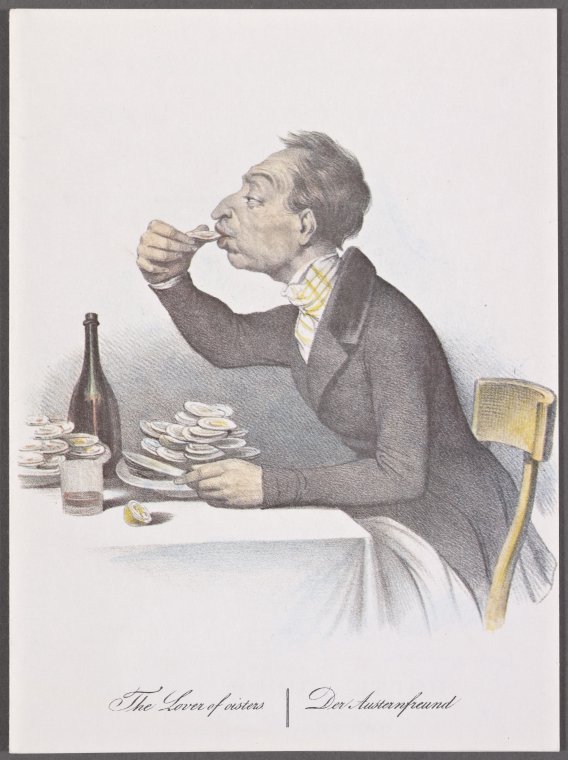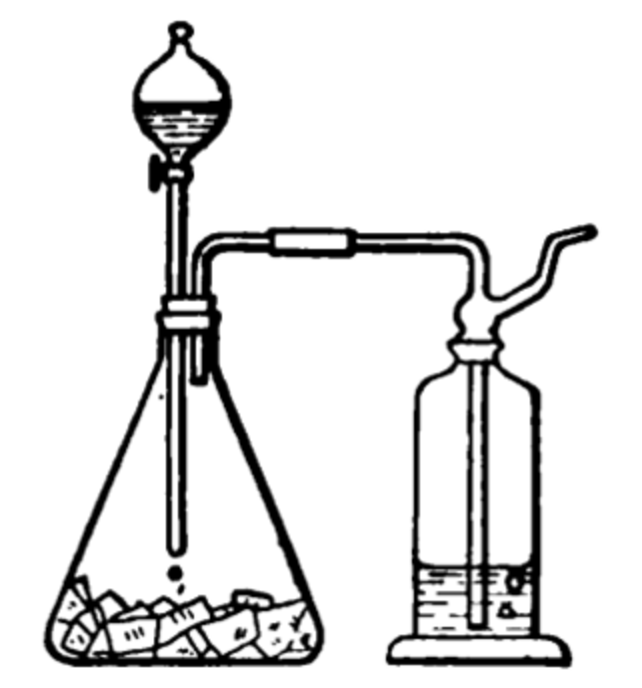Restaurant Reviews and the curious case of the missing wine:

One might imagine that food and wine were mutually inclusive when describing an experience in a restaurant. If you were spending £30 upwards on a bottle you might think it’s worth having a flicker of a shadow of an opinion about what you’re laying out for. A restaurant that understands wine service, cares about the details of its list, serves the wine at the appropriate temperature, has clearly sourced with care and knowledge, understands the concept of value, appreciates that different people may have different wine needs, demonstrates that wine is an integral part of the dining experience. Too many critics think the wine is not within their remit, and treat as if it were a separate discipline or an arcane faith. Certain critics, meanwhile, are wont to opine on mark-ups without evidently understanding how wines are actually priced, and, whilst insight on such matters is welcome, bluster is not, as when a restaurant reviewer recently pronounced on the topic of wine service during a literary festival. To comprehend the notion of value you need to know the actual cost of something – the labour and pure craft it took to produce.
Cooking with sulphur:

Sulphur is not the enemy of wine; clumsy use of sulphur is. If we use cooking as an analogy, then each dish, according to taste, requires a degree of seasoning. Tip a bag of salt into a stew and you have stew-flavoured salt. Many winemakers are oenologists who have been taught to follow procedures as slavishly as a cook may follow a recipe on the back of a packet (and never taste as they go along). Vignerons, instructed that one can’t make correct wine unless one unswervingly follows specific chemical and physical recipes, will always err on the side of intervention (even if those interventions are supernumerary). Sulphur is thus used as a security blanket or a bludgeoning tool rather than sensibly and empirically added during the process. The majority of wines probably do require the addition of sulphur as they are completely denatured products – from vineyard to bottle they rely on chemical overdoses to keep them alive. Wines from healthy hand harvested organically farmed grapes should, in theory, require less sulphur to protect them, but, time and again, are bruised by mouth-stripping amounts of the stuff. To make assurance doubly assure, the winemaker succeeds in nailing the butterfly to the wheel, so to speak. If you can taste it, there’s too much; if the wine seems robbed of energy or essential deliciousness, there’s too much.

